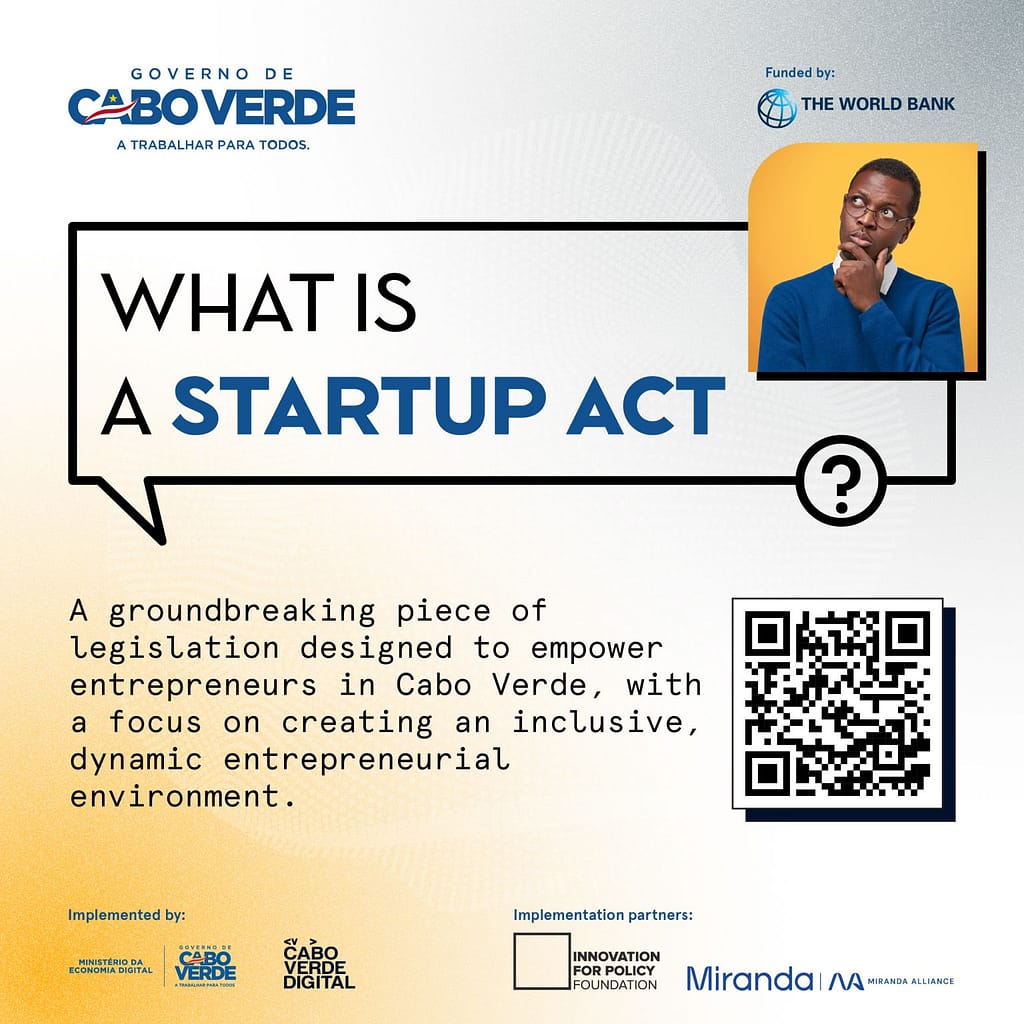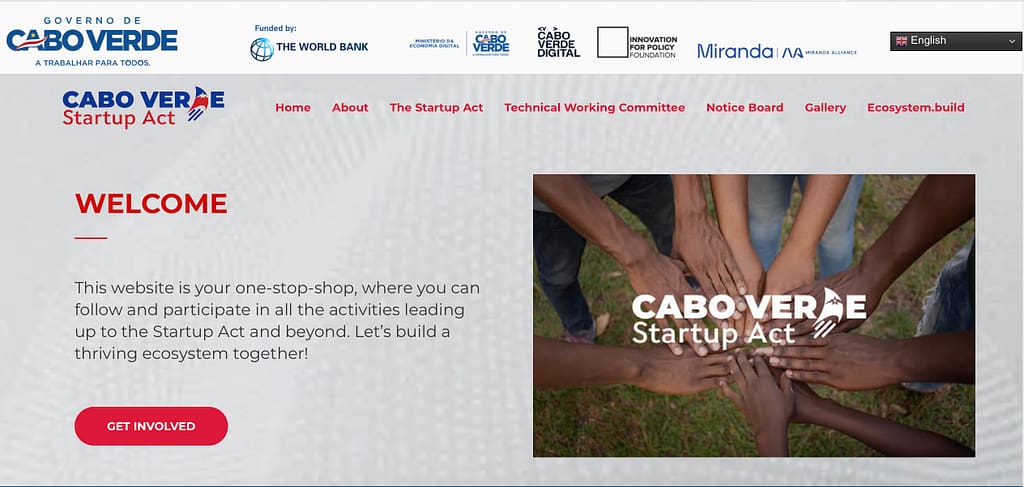Across many African nations, the vibrant potential of tech startups is often hampered by a myriad of restrictive and inconsistent policy conditions. This challenging business environment inflates transaction costs, stifling entrepreneurial activity and significantly slowing down essential processes like business registration compared to other global regions.
A favorable business environment is universally recognized as a potent catalyst for foreign direct investment (FDI), job creation, and inclusive growth, even in the most developed economies. For island nations like Cabo Verde, FDI is particularly transformative. It injects vital capital, technology, and expertise, bolstering infrastructure and sectoral development, and fostering overall economic expansion. Studies consistently highlight that for small island economies, FDI not only supplies capital but also stimulates financial market development and enhances human capital – both critical for sustained growth.
The flow of FDI is influenced by a multitude of factors, with varying impacts across different countries. This is especially pertinent for smaller nations that cannot compete in market size and scale with economic powerhouses like Nigeria, Kenya, South Africa, and Senegal. However, there’s compelling evidence that smaller countries, such as Mauritius and Panama, have ingeniously leveraged their size and unique characteristics to cultivate highly favorable business environments, particularly in finance and digital technologies. For context, in 2023, Mauritius attracted $794.5 million in FDI, significantly outperforming Cabo Verde’s $158.74 million.
Mauritius’ success in attracting foreign investment stems from a meticulously crafted, business-friendly environment. This includes 100% foreign ownership, a low 3% corporate tax for global trading, tax-free dividends, and no capital gains tax. Furthermore, it offers attractive incentives such as accelerated depreciation, customs duty exemptions, investment tax credits, and tax holidays within Special Economic Zones. When compared to Cabo Verde, Mauritius boasts a more competitive tax regime, superior infrastructure, and robust government support, solidifying its position as a leading investment destination in Africa.
The Imperative for a Startup Act in Cabo Verde

Cabo Verde possesses immense potential to emerge as a leading regional hub for entrepreneurship. This archipelago of ten islands offers a wealth of entrepreneurial opportunities that can be unleashed through a business climate characterized by reduced government bureaucracy, lower transaction costs, and a strong ability to attract investments and skilled professionals. A prime example of this forward-thinking approach is the government’s introduction of the Cabo Verde remote work program, designed to position the country as an attractive destination for digital nomads and remote workers.
The development of sound policies and programs is paramount for cultivating a responsive and forward-looking business ecosystem. This necessitates development policies that effectively address market failures, such as prohibitively high-interest rates, a scarcity of financing, capital flight, skills deficits, and information asymmetries (e.g., market pricing gaps, weak weather reporting, and stock market volatility).
Since 2018, numerous African countries have embarked on developing various Startup Acts as a direct response to the specific needs of entrepreneurs. Nations like Tunisia, Senegal, and Nigeria have successfully passed their Startup Acts, with many more countries currently in the drafting stages. Cabo Verde stands to significantly accelerate its startup growth by enacting similar legislation.


These legislative frameworks typically outline far-reaching policies designed to create a conducive environment for high-growth, innovation-driven businesses. Their objectives include supporting entrepreneurs in launching businesses, increasing incentives for investors to fund promising companies, and simplifying operational processes for startups. Common measures include tax holidays and other tax incentives, robust intellectual property laws, streamlined administrative processes, and even provisions for one-year leave periods for entrepreneurs with the right to return to their previous employment.
In a collaborative effort, i4Policy and its local legal partner, Miranda & Associados, are working with the Government of Cabo Verde through the Ministry of Digital Economy and Cabo Verde Digital, with invaluable support from the World Bank, to develop a comprehensive Startup Act for Cabo Verde. This initiative adopts a stepwise, evidence-based approach. As part of this endeavor, extensive ecosystem benchmarking exercises are being conducted, utilizing both quantitative and qualitative data. This benchmarking spans seven critical dimensions: financing, human capital, culture, infrastructure, market access, support, and governance. These dimensions are fundamental to nurturing a robust entrepreneurial ecosystem and will directly inform the interventions outlined in the forthcoming Startup Act.

The development of the Startup Act is meticulously designed to be participatory and inclusive, embracing a bottom-up approach. In partnership with Cabo Verde Digital, a series of Policy Hackathons were organized across three of the ten islands, with support provided for participants from neighboring islands to attend these crucial events. These collaborative gatherings will directly contribute to the co-creation of Cabo Verde’s future Startup Act. In our upcoming blog Part 2, we will dive deep into the insights gained through these multistakeholder engagements.
i4Policy is employing the ADDIS participatory process for policy formulation in developing the Cabo Verde Startup Act. This strategic approach ensures that the Act is inherently ecosystem-driven, thereby positioning the country on a clear path towards global competitiveness.
Written by Blaise Bayuo


